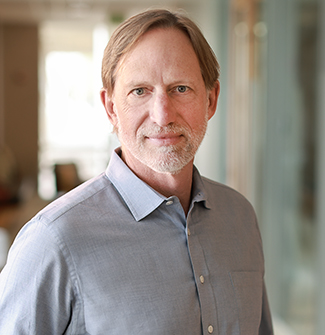

When your team is small, making decisions is easy. Sometimes you arrive at consensus as if by osmosis. Or maybe only one voice matters on any given subject. But as anyone who has operated at scale knows, things change when organizations get bigger. The machine you’ve built can fall out of sync in ways that are subtle and hard to detect at first. Without a good decision-making structure, the company falls out of alignment. That can lead to bad execution, culture drift and poor morale.
Your job as a leader is to create conditions that enable a healthy organization. Your team should value clear and transparent communication, trust and mutual respect. Good decision making is a critical feature of high-functioning organizations. It is particularly important when it comes to complex decisions that affect multiple stakeholders, materially impact budgets or require significant tradeoffs.
For complex decisions, DACI can be a useful framework. I was introduced to DACI at Intuit, where it was invented, and many organizations have since adopted the tool. DACI assigns these roles to clarify rules of engagement and help the team understand how the process will work:
Atlassian uses DACI and has some helpful resources, particularly if you use their tools. DACI can be great for larger companies (50+ employees) that have developed distinct functional teams with managers. It allows each relevant team to participate in and “own” decisions, even if they are not the ultimate decider.
You should familiarize yourself with DACI and other popular frameworks such as the RAPID formula Bain developed to emphasize these steps:
Once you’re familiar with the various approaches, it’s time to think through how the principles in the frameworks apply to your situation. Small companies are naturally agile, which provides a huge advantage in speed, flexibility and alignment. At some point, though, the team outgrows scrum mechanics and the agile approach.
In my experience, decision frameworks help, but the essence of healthy decision making comes down to a few common principles and behaviors your team can begin to adopt now.
If you’re interested in implementing better decision making in your organization and want to talk through your current situation, just schedule time using the Greenhouse scheduling link.

I started my career as a technology companies lawyer, but soon joined the startup world and began a 20+ year journey as a business leader running go-to-market, product development and business operations for a series of companies including Yahoo!, Demandforce, Intuit, Logikcull and Zenoti. During…
Read More
I started my career as a technology companies lawyer, but soon joined the startup world and began a 20+ year journey as a business leader running go-to-market, product development and business operations for a series of companies including Yahoo!, Demandforce, Intuit, Logikcull and Zenoti. During that time I led teams through good times and bad, raised money, bought and sold companies. Recently I returned to the firm to lead our Greenhouse program, which provides free personalized business coaching for our seed stage clients.
Clients I've worked with: Logikcull | XP News | Vala